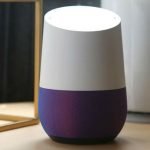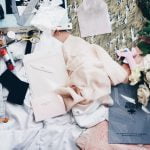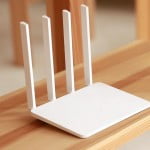
Smart Gardening is a Michigan State University Extension initiative with the goal of cultivating better gardeners. The initiative aims to provide both novice and experienced gardeners with information and techniques that will save time, money and the environment. The Smart Gardening philosophy covers five specific areas: Smart Lawns, Smart Soil, Smart Plants, Smart Vegetables and Smart Pollinators. Today, we look at our pollinators.
Smart pollinators
A Smart Gardener knows pollinators are a necessary part of succesful gardening. Attracting pollinators to the garden is essential for the environment and a vital component to maintaining our food supply.
Consider your garden a healthy smorgasbord for pollinators. It’s important to plant a variety of flowering annuals, perennials, natives, bulbs, trees and shrubs so the menu will be fresh and enticing to the all-important pollinators throughout the growing season.
Our flower gardens are at their best at the height of the summer season, but keep in mind busy bees need our help especially in early spring and late fall when there are fewer floral resources available. Spring blooming bulbs such as tulip, iris and hyacinth will invite pollinators in to the garden, while late bloomers such as sedum, asters and anemone will keep them long after the last daisy drops its petals.
Bees see our garden differently than we do. They see patterns, colors and markings our human eyes can not. Using UV light, bees use these designs to go directly to the pollen source. Bees seem to be particularly partial to purple, blue, white, yellow, mauve and violet flowers.
Keeping a perfectly manicured flower garden may not be the best for our bees. Instead of deadheading hostas, leave them for the bees. And, resist pinching back blooming coleus, leave these tiny blooms for the bees. What may be unsightly to us, is really a magnet to bees.
More than 400 species of native bees live in Michigan and each one plays an important role in the garden. Attracting beneficial insects to the garden is a way of keeping bad bugs in check. A Smart Gardener chooses a diverse selection of plants, is careful with pesticide use, and works to protect bees, butterflies and all the other good bugs.
Attracting and protecting pollinators is each gardener’s contribution to assuring a healthy food supply. If we lose pollinators, we’ll have no flowers, and with no flowers we will have no seeds, and with no seeds we will have no plants. Ultimately, no plants, no food. So, welcome and protect pollinators in your garden.
Babette Stenuis Stolz is an Advanced Master Gardener, member of the Northern Michigan Master Gardener Association/Emmet County Chapter, an Extension Master Gardener Smart Gardening Volunteer and member of the Michigan Master Gardener Association.









